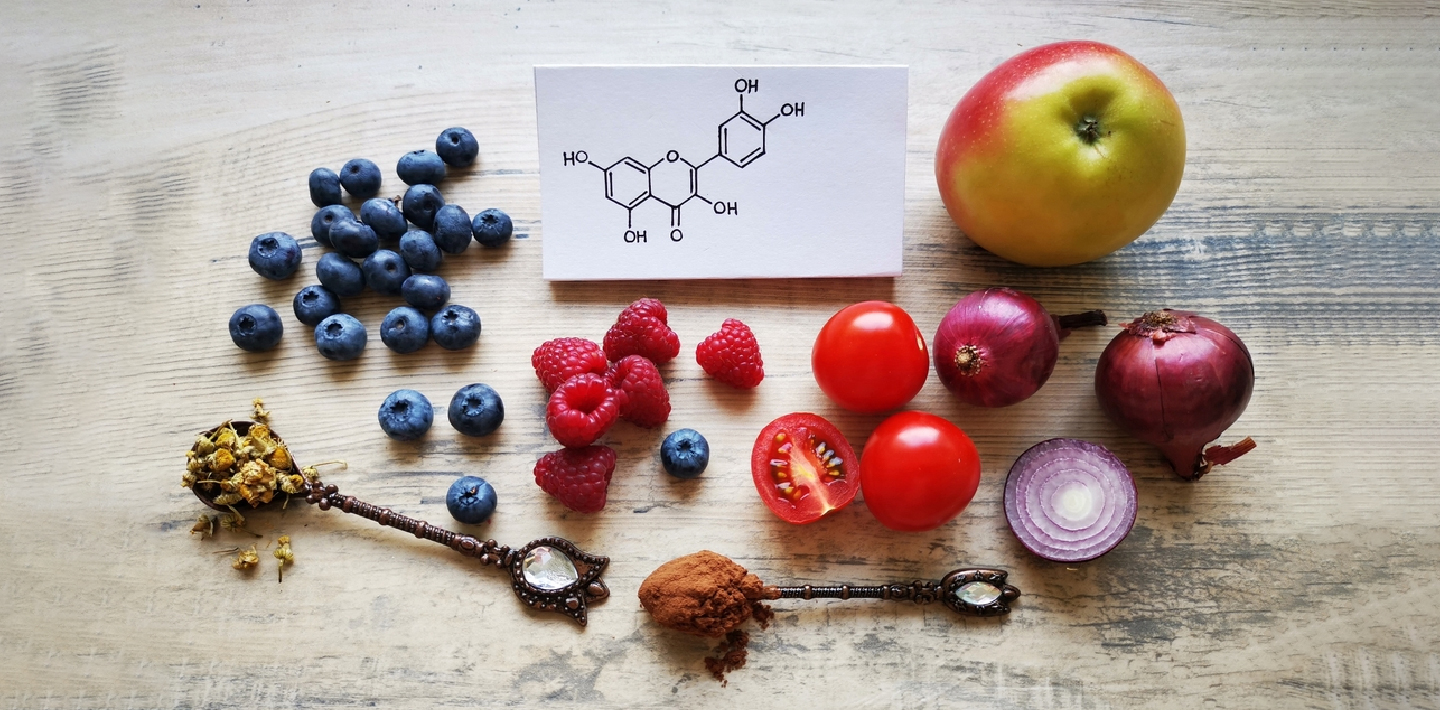The Role of Diet and Nutrition in Managing Rheumatoid Arthritis
Managing rheumatoid arthritis (RA) is a complex and ongoing journey that millions of individuals embark on to mitigate the chronic pain, inflammation, and joint damage associated with this autoimmune disease.
One increasingly explored path towards enhancing the quality of life for those battling rheumatoid arthritis involves making informed choices about diet and nutrition.
We talk about the relationship between diet and rheumatoid arthritis, investigating the foods that can either exacerbate its debilitating symptoms or provide respite, empowering you to take control of your health.
Understanding Rheumatoid Arthritis
To effectively tackle managing rheumatoid arthritis, one must first understand the nature of the condition. Rheumatoid arthritis is an autoimmune disorder. It is characterized by chronic inflammation that primarily targets the joints.
The immune system accidentally attacks the healthy body tissues. This leads to swelling in the joints and stiffness over time.
The Link Between Diet and Rheumatoid Arthritis
Inflammation is the arch-nemesis of those managing rheumatoid arthritis. When it flares up, it can aggravate pain and joint damage. This is where an anti-inflammatory diet takes center stage. Such a diet is composed of foods that actively help reduce inflammation in the body.
Foods That May Exacerbate Rheumatoid Arthritis
Certain dietary choices can unwittingly fan the flames of inflammation and worsen RA symptoms. Managing rheumatoid arthritis involves avoiding these inflammatory triggers. Among the culprits to steer clear of are processed foods and trans fats.
These unhealthy fats can intensify inflammation and must be avoided.
Must-Have Foods To Reduce Rheumatoid Arthritis Symptoms
On the flip side, there are foods that can provide respite for those managing rheumatoid arthritis. These anti-inflammatory heroes can help ease pain and stiffness, offering a more comfortable daily life.
Incorporate foods like berries, turmeric, and green tea into your diet, as they are rich in antioxidants that can combat inflammation. You can experiment with recipes and incorporate ingredients creatively. Adding turmeric to your soup is one of the examples.
Nutritional Supplements for Rheumatoid Arthriti
In the pursuit of optimal health, it’s common for individuals managing rheumatoid arthritis to consider dietary supplements. While supplements may work, you can’t replace them with a well-rounded diet.
Consulting your healthcare provider before starting any supplements is crucial to ensure their safety and effectiveness for your unique needs.
Crafting a Rheumatoid Arthritis-Friendly Diet
Creating a diet that caters to your RA-specific needs is paramount in the journey of managing rheumatoid arthritis. The Mediterranean diet, famous for having anti-inflammatory properties, can serve as an excellent foundation.
Emphasizing whole grains, healthy fats, and an abundance of fruits and vegetables, this diet can be a powerful ally in your battle against RA.
Real-Life Success Stories
Listening to anecdotes from those who have managed their RA through dietary changes can be highly motivating. These individuals have navigated the same challenges you face and come out on the other side. Connect with support groups or online communities where people share their experiences to gain insights and a sense of camaraderie.
Consultation with Healthcare Providers
Professional guidance from healthcare experts can be important to manage rheumatoid arthritis through diet and nutrition. Your rheumatologist and a registered dietitian can offer advice.
Ongoing Research and Future Trends
The realm of diet and RA management is continually evolving. Researchers are making strides in uncovering new possibilities and treatment options.
Staying updated on the latest research is essential, as these breakthroughs could offer even more effective ways to manage RA symptoms in the future.
The Final Word
It is crucial to recognize that diet and nutrition play a pivotal role in the journey of managing rheumatoid arthritis (RA). While diet alone cannot offer a miraculous cure, it represents a potent tool in the holistic approach to mitigating RA symptoms and enhancing one’s overall well-being.
As individuals embark on this path of managing rheumatoid arthritis, it’s imperative to understand that it’s a continuous journey rather than a final destination.
Armed with the right knowledge, guidance from healthcare experts, and ongoing updates on the latest research, individuals can take control of their RA, reduce pain and inflammation, and step into a brighter future in their battle against rheumatoid arthritis.

